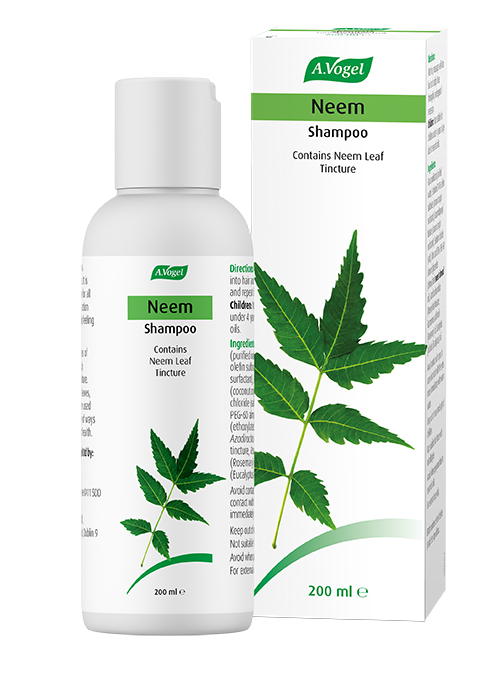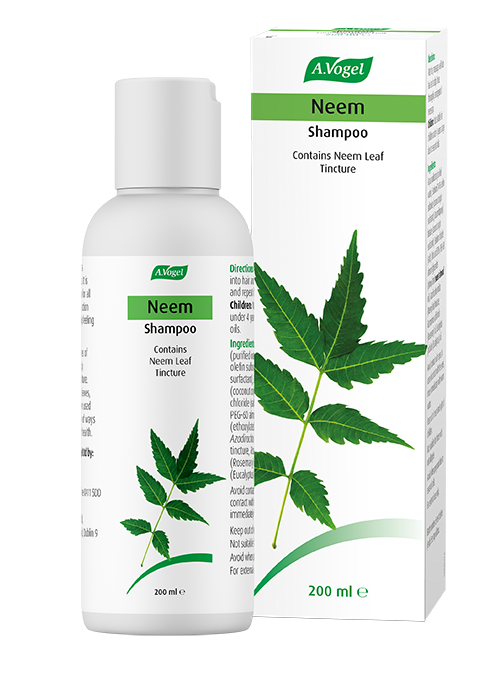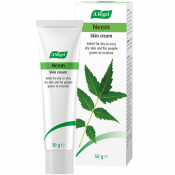Why does eczema occur after washing?
The reason for dry skin is due to the fact that your skin struggles to retain water. Whenever the water content in your skin cells falls below 10% this results in dry, irritated skin.
“Eczema is a chronic recurring skin disorder that results in dry, easily irritated, itchy skin. There is no cure for eczema, but good daily skin care is essential to controlling the disease.” – (National Eczema Association, 2013)
There are many ways to reduce the risk of an eczema flare-up after washing, so we have finalised the top 5 tips that can help you keep your eczema under control during your tub time.
#1 - Temperature
When figuring out the perfect way to wash with eczema you may want to start by reconsidering the temperature of the water you use.
Very hot water, although relaxing for some, can have a negative effect on your skin. Using hot water for an extended period of time will actually strip your skin of its protective oils and fats. Without your protective oils your skin barrier becomes weaker making it harder for your skin to retain water, a leading cause for eczema flare-ups.
Try opting for warmer waters when showering or bathing, as this way you can still enjoy a relaxing wash but without the subsequent dry skin.
#2 - Length of time
Another reason you may be experiencing dry skin after a bath or shower is due to the length of time you are spending in water. Although spending time in a bath or shower is one way to help your eczema by getting moisture back into your skin, if you stay too long this will have a counter effect on your skin’s moisture.
This is because whenever water comes into contact with skin, the water evaporates and takes the protective oils away in the process, resulting in drier skin.
Constant contact with water also has this impact on the skin barrier, so it is a good idea to limit your time in the bath or shower to around 10 – 15 minutes. This length of time will give your skin enough time to absorb the water it needs, but won’t strip away the skin barrier.
#3 - Products
It is also important to note exactly what you are putting on your skin during your shower or bath.
For example, something such as shampooing your hair can cause eczema flare-ups. Although the shampoo is applied to the hair, when you rinse, the bubbles flow down the rest of your body and can cause irritation for your eczema prone areas.
Now, we aren’t suggesting that you cut out shampooing all together and run the risk of unclean hair, but try buying shampoos that do not have harsh chemicals, such as Sodium Lauryl Sulphate. Neem shampoo offers soothing protection when washing hair for those with various skin problems.
Take care also when washing your body with soaps, as covering your skin in potentially toxic ingredients can affect your skin’s ability to breath, causing further flare-ups. Try using gentle soaps which have emollients as they can be used to help replace the skin’s natural oils.
The final step when providing your body with proper hydration is to moisturise. The best type of moisturiser is a gentle and natural one, such as soothing Neem cream, which helps relieve dry, irritated and eczema prone skin.
Tip: When using a moisturising product from a large jar, instead of scooping it out with your hand, get a spoon and take the moisturiser out that way. This reduces the risk of contamination and more eczema flare-ups.
#4 - Type of bath
Get creative; change things up in the bathroom.
Instead of just sticking with plain water you might like to try one of these types of baths to help relieve your symptoms:
- Vinegar bath- add a cup of vinegar to your bath as this can help kill the bacteria around the patches of eczema. You may also want to use some vinegar as a wet dressing to help with bacterial build-ups
- Salt bath - if your skin stings when first entering a bath, add some table salt to the water. The salt can help to relieve the initial pain
- Oat bath - adding oatmeal into the bath will turn your water into a paste like substance which can be quite soothing, in terms of relieving any itching.
#5 - Bathing tips
There are some cardinal rules when it comes to washing with eczema and following this advice can make a difference to your skin.
- Don’t rub your skin: Whilst washing it is important that you do not rub your skin as this can cause further irritation. Instead, you may prefer to gently rinse your skin.
- Don’t completely dry your skin: After your shower or bath, try patting your body lightly with a towel, as this can reduce any pain or further irritation. This will also help maintain moisture in your skin barrier.
- Moisturise immediately! When you skin is still lightly damp apply a moisturiser to help keep moisture in and prevent further drying from causing eczema flare-ups.
- Try to wash at night: Give your body the time it deserves and relax! Enjoy a light bath or shower using soothing soaps, then moisturise before heading to bed. This means that your body will have more time to soak up the moisture without running the risk of drying out your skin.
Our Neem beauty range is 100% vegetarian; we do not test on animals.
Neem is suitable for those prone to eczema flare-ups and sensitive skin , so take some time for yourself and enjoy your tub time!









